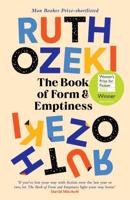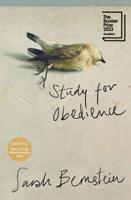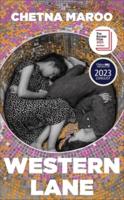Publisher's Synopsis
Harriet Elisabeth Beecher Stowe (June 14, 1811 - July 1, 1896) was an American abolitionist and author. Her novel Uncle Tom's Cabin (1852) was a depiction of life for African Americans under slavery; it reached millions as a novel and play, and became influential in the United States and United Kingdom. It energized anti-slavery forces in the American North, while provoking widespread anger in the South. She wrote more than 20 books, including novels, three travel memoirs, and collections of articles and letters. She was influential for both her writings and her public stands on social issues of the day. Harriet Elisabeth Beecher was born in Litchfield, Connecticut, on June 14, 1811. She was the seventh of 13 children, born to outspoken religious leader Lyman Beecher and Roxana (Foote), a deeply religious woman who died when Stowe was only five years old. Roxana's grandfather was General Andrew Ward of the Revolutionary War. Her notable siblings included a sister, Catharine Beecher, who was an educator and author, as well as brothers who became ministers: including Henry Ward Beecher, who became a famous abolitionist, Charles Beecher, and Edward Beecher. Harriet enrolled in the seminary (girls' school) run by her sister Catharine, where she received a traditionally "male" education in the classics, including study of languages and mathematics. Among her classmates there was Sarah P. Willis, who later wrote under the pseudonym Fanny Fern. At the age of 21, she moved to Cincinnati, Ohio to join her father, who had become the president of Lane Theological Seminary. There, she also joined the Semi-Colon Club, a literary salon and social club whose members included the Beecher sisters, Caroline Lee Hentz, Salmon P. Chase, Emily Blackwell, and others. It was in that group that she met Calvin Ellis Stowe, a widower and professor at the seminary. The two married on January 6, 1836. He was an ardent critic of slavery, and the Stowes supported the Underground Railroad, temporarily housing several fugitive slaves in their home. They had seven children together, including twin daughters.








